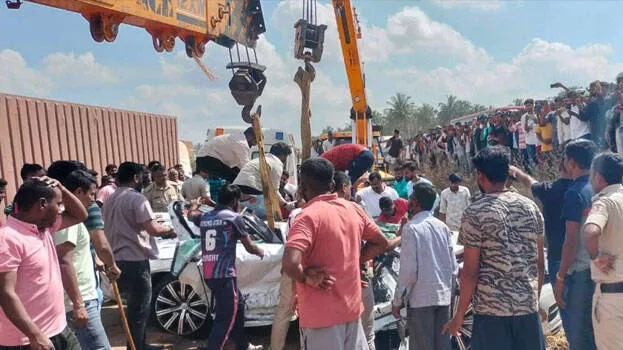
Any mayor who fixes the potholes, plows the snow and picks up the garbage can get reelected forever. That’s an old saying in local politics, and all it means is that the average citizen cares first about the basics of government — those services and actions that affect their daily lives. Pay attention to the basics, which includes listening to the people you serve, and you will be rewarded.
On the same day last week that Allegheny County Controller Corey O’Connor announced he is running against Pittsburgh Mayor Ed Gainey in the upcoming primary election, one of Gainey’s signature zoning changes was derailed by his own planning commission — people he appointed to help him move his vision forward. The merits of Gainey’s proposal are not what matters here. The problem was that he had not talked to the neighbors enough for his proposed residential density increases in three neighborhoods to succeed.

Dozens of neighbors objected, worried about landslides, flooding, utilities and the character of their neighborhoods, and the planning commission delayed the fight to 2025. As reported by Jakob Lazzaro of WESA-FM, Planning Commissioner Melanie Ngami said, “There needs to be a rework and more of a conversation. I heard a 10-to-2 ratio of disagree to support, so we need to take a step back.
” This failure to have meaningful discussions with the people who actually live and work in the neighborhoods is a hallmark of the Gainey administration. At that same planning commission meeting, Gainey’s plan for a citywide mandate on developers to provide a percentage of affordable housing units — at the developers’ expense in all projects over 20 units — was also sidelined. For some reason, Gainey continues to support “inclusionary zoning” in spite of evidence that it fails to create affordable units and discourages the development of housing of any kind.
By one count, in five years of “inclusionary zoning” in a few select Pittsburgh neighborhoods, only 34 new units of affordable housing have been built. In other cities, it has led to gentrification. Pittsburgh City Council member Bob Charland has introduced a bill that will allow each neighborhood to decide if it wants to force developers to provide affordable housing units.
“We’re empowering neighborhoods to choose their path if they want to be an inclusionary neighborhood or not,” Charland said. But Gainey is opposed to that. The most visible examples of that approach are the bike lane battles.
We all want our loved ones to bicycle safely, but life in any community is about compromise and balance. Gainey has allowed DOMI — his Department of Mobility and Infrastructure — to do whatever it wants wherever it wants, without regard for the input of the people who know their neighborhoods best. And DOMI has no interest in changing its bike lane plans a little in order to save a cherished parking space for a homeowner or help a business stay afloat.
Their arrogance — their “people be damned” attitude — does not reflect well upon the mayor for whom they work. And Gainey will wear that. There are plenty of big election issues, too, but the people who live and vote in Pittsburgh pay attention to the small things first.
And they don’t like being ignored. This would not be the first election that was lost over things like potholes, snow removal, garbage collection ..
. and bike lanes..










